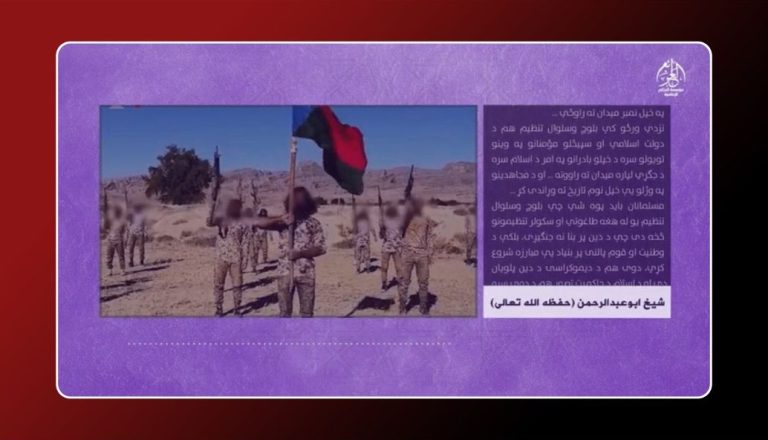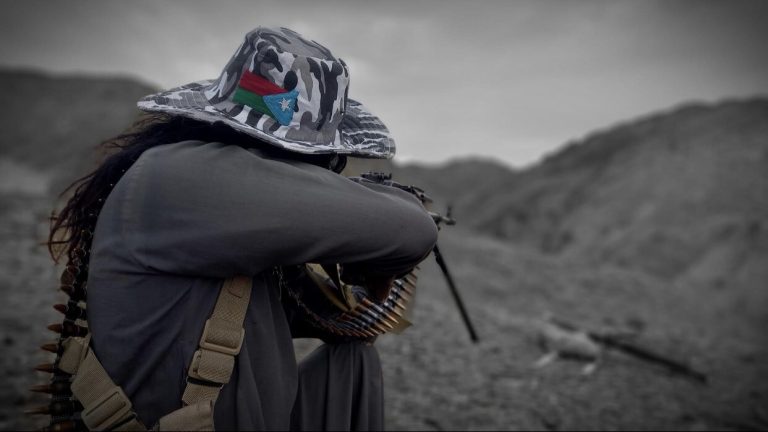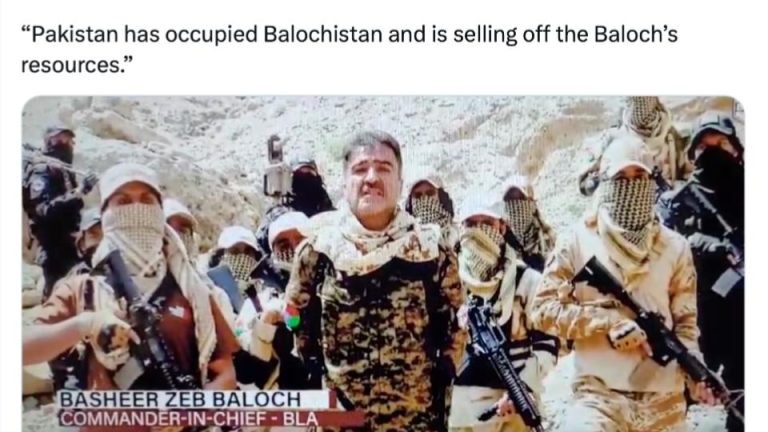Hollow Assurances
Speaking about the ongoing crisis in Balochistan in his address to the Overseas Pakistanis Convention in Islamabad on April 16, Pakistan Army chief Field Marshal Syed Asim Munir chose to hide the humongous embarrassment caused by the audacious Balochistan Liberation Army [BLA] March 11 Jaffar Express train hijack by assuring the audience that “we will beat the hell out of these terrorists very soon.” While his brash assurance wouldn’t have impressed the listeners, it must have given them a sense of déjà vu, having heard several such assertions being made by various Pakistan Army chiefs in the past. Almost two decades ago, Gen Pervez Musharraf had issued a similar warning to armed Baloch groups saying, “Don’t push us. It is not the 1970s when you can hit and run and hide in the mountains. This time you won’t even know what hit you.”
In order to show that he was serious, Gen Musharraf unleashed a reign of terror through a covert military campaign in 2006 involving abductions, enforced disappearances and extra judicial killings on an unprecedented scale. However, his “you won’t even know what hit you” threat turned out to be a damp squib, as leave alone defeating the determined Baloch ‘sarmachars’ [guerrilla fighters], the Pakistan Army couldn’t even restrict their activities.
‘Sarmachars’ Strike Back
Returning to the present, Field Marshal Asim Munir’s April 16 boast of beating the hell out of Baloch fighters too has turned out to be a dud. In the first week of May, BLA fighters blocked the Quetta-Karachi Highway in the Mongochar area of Balochistan’s Kalat district and set several government buildings and security check posts ablaze.
Just a week later, Balochistan Liberation Front [BLF] launched Operation Herof [Black Storm] 2.0 involving a whopping 78 operations against government and military targets at 58 locations in Balochistan, making a mockery of Field Marshal Asim Munir’s pretentious declaration. This was followed by another large-scale three-day-long military action code named Operation Baam [Dawn] which terminated on July 11 and resulted in the Pakistani security forces suffering significant losses besides
losing face.
Rawalpindi’s Miscalculation
In January 2017, while speaking at a seminar on “Economic development through new Silk Route via Khuzdar: Way Forward to National Integration”, the then Pakistan Army chief Gen Qamar Javed Bajwa had said, “Balochistan, unfortunately, had been neglected in the past for host of reasons, but not anymore. The military has contributed significantly to bring Balochistan into the mainstream.”
While Gen Bajwa’s observation about Balochistan’s pathetic neglect is bang-on, his claim about the military’s significant contribution in bringing Balochistan into national mainstream is completely off the mark, because all that the Pakistan Army has given the Baloch people is an unending scourge of abductions, enforced disappearances as well as extra judicial killing of civilians, and this isn’t an unsubstantiated assertion.
Fifteen years ago [May 15, 2010 to be precise], while speaking at a seminar on “Friends of the Baloch and Balochistan” former Pakistan Army chief Gen Abdul Waheed Kakar stated that Gen Musharraf had “committed a big mistake” by launching the 2006 military operation in Balochistan as it was tantamount to “a crime against Pakistan.” Gen Kakar was however neither the first nor the only one to have spoken out against the Pakistan Army’s 2006 operation in Balochistan.
Four years before Gen Kakar spoke out, Brussels based independent think tank International Crisis Group [ICG] in its Report No 119/Asia of September 14, 2006 had come to the same conclusion and stated that “President Pervez Musharraf and the military are responsible for the worsening of the conflict in Balochistan.”
Strong Arm Tactics
By strongly batting for converting Pakistan into a “hard state” during the meeting of Parliamentary Committee on National Security held after the Jaffar Express hijack, Gen Munir has betrayed his misplaced belief that brute force by itself can resolve every problem, be it ideological or political in character.
And just last month, he manipulated passage of the draconian Counter Terrorism [Balochistan Amendment] Act 2025 by the Balochistan Assembly to formalise the Pakistan Army’s strong-arm tactics. This legislation empowers the military and intelligence agencies to detain individuals purely on the basis of mere suspicion and those apprehended can be held in custody for upto 90 days without even filing any formal charges or presenting them in court.
Despite widespread international and domestic criticism Pakistan’s ‘Hybrid Government’ headed by Field Marshal Munir has refused to relent. However, since such arbitrary detentions have already been happening in Balochistan since ages, there was actually no need to promulgate this legislation.
Criminalising Peaceful Dissent
Since Baloch Yakjethi Committee [BYC] is a human rights organisation actively involved in organising protests and raising awareness about issues like enforced disappearances and extrajudicial killings in Balochistan while the Pakistan Army is the main perpetrators of these human rights excesses, BYC has understandably become Rawalpindi’s natural enemy.
Faced with an unprecedented crisis created by his own highhanded approach, Field Marshal Asim Munir is trying to muzzle peaceful protests against Pakistan Army atrocities by branding BYC as “proxies of terrorism” and imprisoning its leadership under Section 3 of the Maintenance of Public Order Ordinance. This provision allows detention of individuals “deemed to be acting in a manner prejudicial to public safety or the maintenance of public order” for a period of six months that can arbitrarily be extended by the government.
Bruised Ego
Elevation to the rank of Field Marshal may have served as a good massage for Munir’s ego, but the unprecedented political crisis and rapidly growing terrorist threat precipitated by his obdurate behaviour and clumsy handling of the situation is a severe personal embarrassment. To make matters worse, people in Pakistan have started asking that when it was the Pakistan Air Force [PAF] that purportedly gave a befitting reply during Operation Sindoor/ Bunyan-um-Marsoos, why was it that Gen
Munir and not the PAF chief was rewarded with promotion?
The newly promoted Field Marshal may be putting up a brave face but his aggressive body language as well as unusually rabid tone and tenor with a generous dose of provocative religious references betrays significant accumulation of pent-up frustration caused by a bruised ego. With an emotionally unstable person at the helm of affairs in Pakistan desperately trying to prove himself, India needs to remain vigilant.
Tailpiece
With armed Baloch groups and Tehreek-e-Taliban Pakistan [TTP] openly challenging the government’s writ and cocking a snoot at the Pakistan Army by striking at will in Balochistan and the Khyber Pakhtunkhwa [KP] respectively, would the otherwise extremely vocal Field Marshal care to elucidate as to who’s actually beating the hell out of whom?










